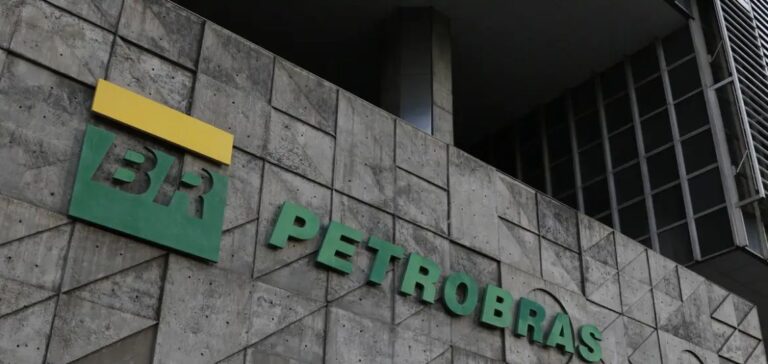The Brazilian oil industry reached a significant turning point following a recent decision by Brazil’s environmental agency, Ibama, allowing Petrobras to continue its exploration project in the offshore Foz do Amazonas basin. This region, located near the mouth of the Amazon River, is strategically important for the discovery of new oil reserves, though it raises substantial environmental concerns. While Petrobras has achieved a partial victory, uncertainties remain regarding future exploration permits.
A partial victory for Petrobras
On May 19, 2025, Ibama approved a test plan proposed by Petrobras aimed at assessing its emergency response system in case of an oil spill. This test, which intends to protect local wildlife, represents significant progress for Petrobras, albeit under stringent conditions. The plan includes measures to mitigate the impact on coastal Indigenous communities and extensive coral reefs present in this area. Petrobras welcomed the decision, viewing it as a necessary step before submitting a final exploration permit request.
The impact of environmental concerns on future permits
The Foz do Amazonas basin is particularly valuable due to its geology, which shares similarities with the neighboring oil fields in Guyana, where ExxonMobil is currently developing significant projects. However, Rodrigo Agostinho, head of Ibama, expressed reservations about issuing further exploration permits in this region. He emphasized the difficulty of granting “fragmented and successive” permits without a thorough environmental impact assessment, specifically an AAAS (Complex Environmental Impact Assessment), which could take several years to complete.
The implications of the AAAS study for Petrobras
The AAAS study represents a potential obstacle for Petrobras, as it would require considerable resources and time to complete properly. Ibama had initially requested this study before deciding on Petrobras’ exploration request, but a legal opinion from Brazil’s solicitor-general concluded that delays in completing this study should not impede permit issuance. Nevertheless, Agostinho’s renewed request adds another layer of uncertainty for Petrobras, forcing the company to navigate an increasingly complex regulatory environment.
The political context surrounding oil exploration
The current situation highlights political tensions within the Brazilian government regarding natural resource exploitation in the Amazon region. Influential voices support exploration projects as a means to stimulate economic growth and meet rising energy demand. Conversely, environmental advocates stress the need to protect this fragile area, home to some of the planet’s last significant biodiversity zones. These tensions intensified after Petrobras’ exploration application was rejected in 2023, prompting an immediate appeal from the company.
The future of oil exploration in the Amazon
Uncertainty regarding future exploration permits in the Foz do Amazonas remains high, especially as Brazil’s government prepares for a new round of exploration block auctions scheduled for June 2025. Investors and industry players closely monitor this situation, recognizing its potential implications for future regional development. Ibama’s decisions concerning offshore exploration could also shape investment trajectories in Brazil’s oil sector.
Internal tensions within Ibama and future exploration permits
Ibama’s favorable decision towards Petrobras also highlights internal divisions within the agency. In February 2025, Ibama’s technical experts signed a document stating Petrobras’ wildlife protection plan had a “very low probability” of success. This divergence of opinions within the agency underscores tensions within the Brazilian administration, particularly between proponents of natural resource development and those advocating stronger environmental protection measures.






















